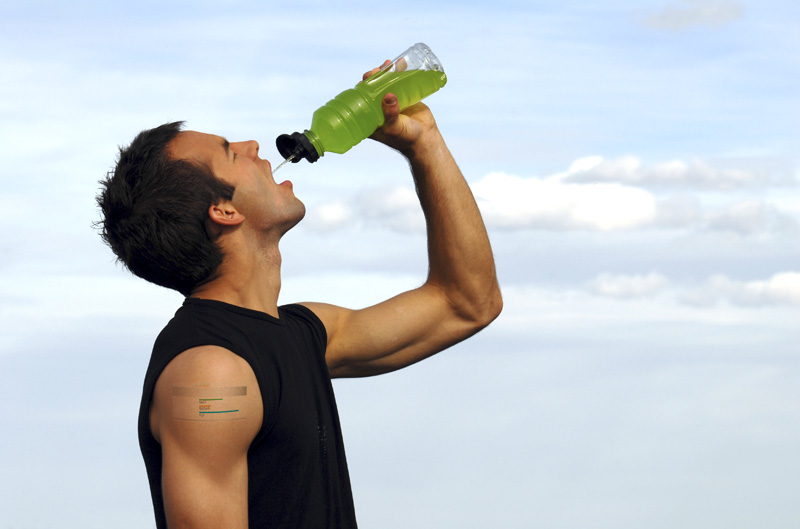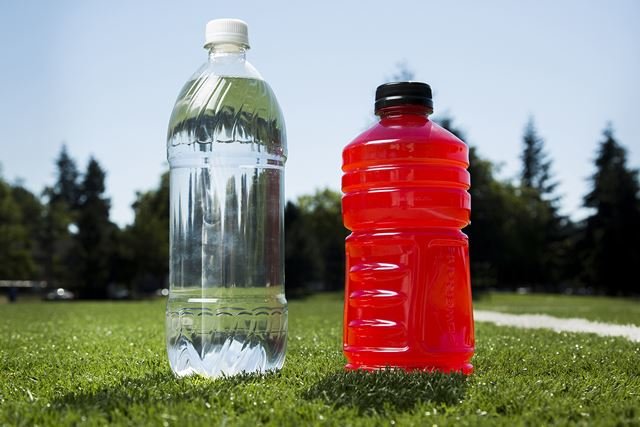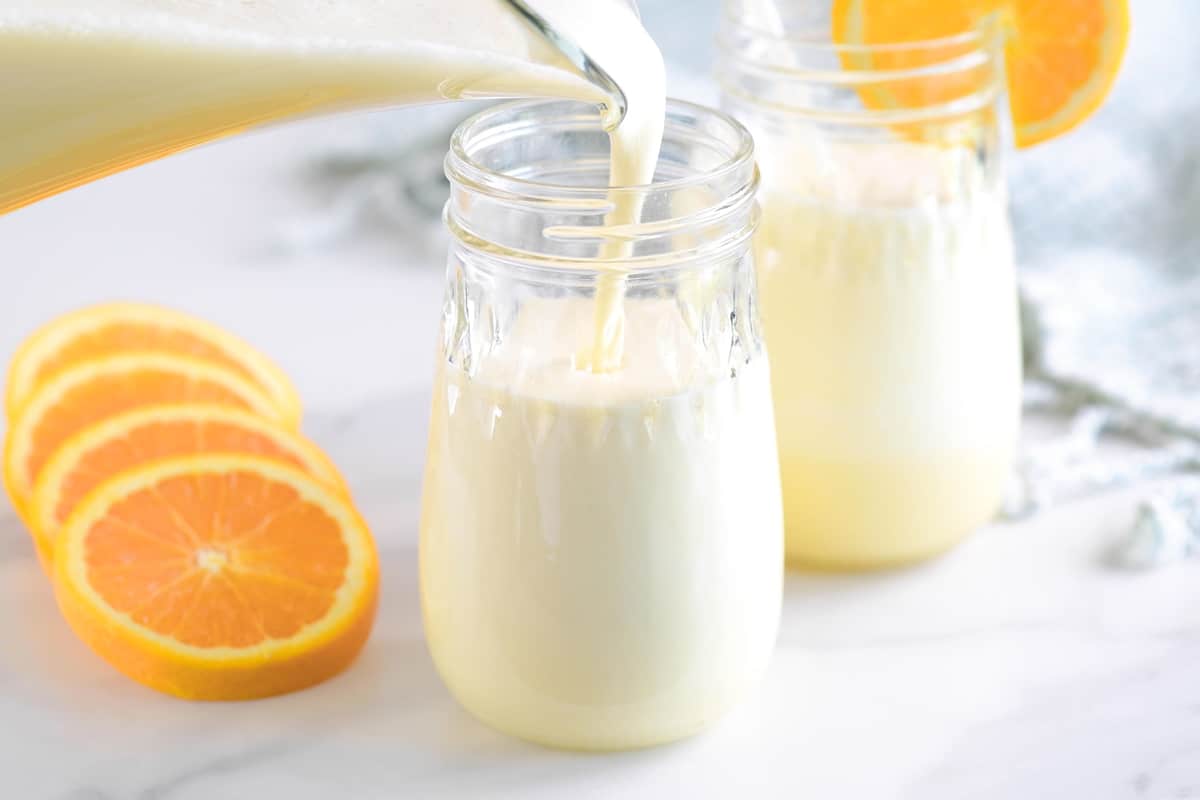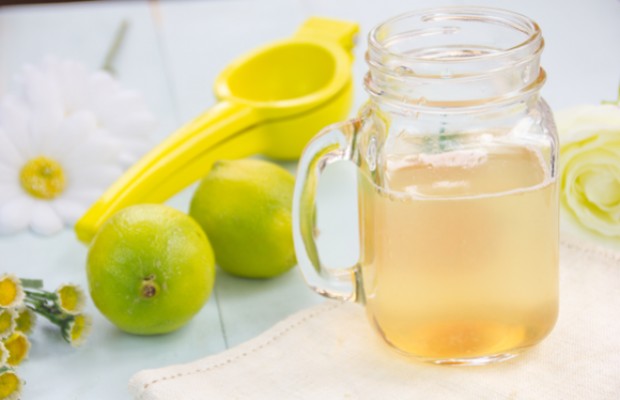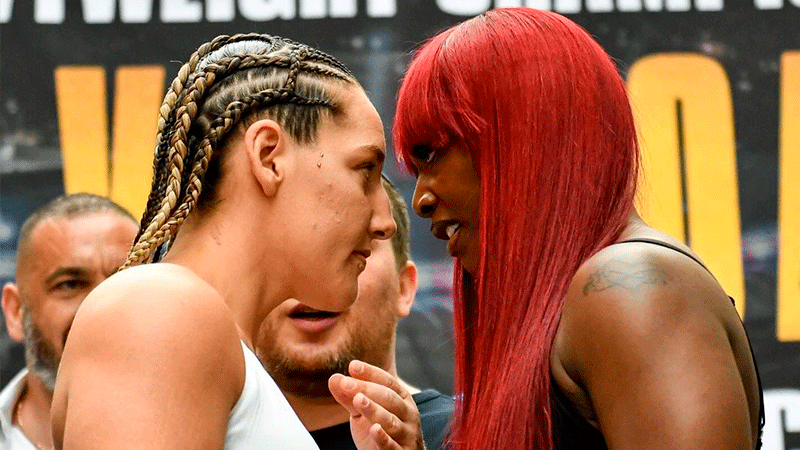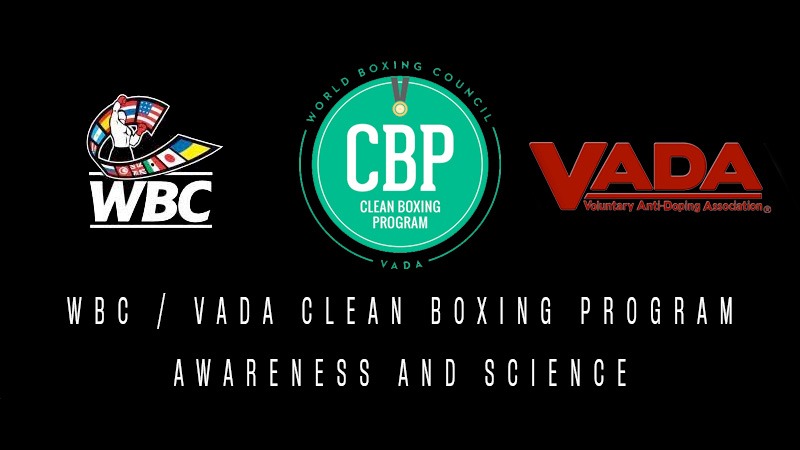
WBC/VADA CLEAN BOXING PROGRAM AWARENESS AND SCIENCE #3: What’s in Sports Drinks and Are they Necessary?
To all the members of the boxing Community in the world:
The WBC with the help of VADA through their expertise in the field of doping has researched for some time a practice which can lead to delicate medical complications and even doping situations.
The reason for this special report is to try to reach as many members of the boxing Community in order to share the concerns and provide awareness of the dangers of this matter. Trainers, Boxers, therapists and members of the boxers teams must be aware of this information and take conscience about the matter.
Do not hesitate to contact VADA or The WBC in case you have doubts, concerns and need professional guidance in your nutrition and supplement intake.
Margaret@vada-testing.org
contact@wbcboxing.com
What’s in Sports Drinks and Are they Necessary?
By Margaret Goodman MD, VADA President
Are the ads that tell us how sports drinks can transform us into the best versions of ourselves true? Are there potential side effects and banned substances?
One 32-ounce bottle of Gatorade or Powerade can contain 200 calories and 52.5 grams of sugar. As a casual athlete—unless training for a fight, consuming a sports drink ca add more calories than you are losing.
Many believe sports drinks are the secret to success in sports, but perhaps most of this is marketing. It’s recommended to consume 30 grams of carbs/hr. Longer durations exercise lasting 2-3 hours may benefit from more carbs.
What is in a sports drink? Typically, sports drinks contain 6-8% carbohydrates. Some can be free of carbohydrates. A recent Harvard University study found that several products don’t actually contain the ingredients listed on the labels. Some actually contained substances banned by the Food and Drug Administration. The researcher tested 57 brands of sports supplements that claimed to include plant-based ingredients. The lead author of the study Dr. Pieter Cohen, associate professor of medicine at Cabridge Health and Alliance noted, “Unfortunately… we found that consumers were just as likely to get what’s listed on the label as they were to get an FDA-prohibited drug.” Only 11% contained a labeled ingredient and that ingredient was within 10% of the expressed quantity.
Who should be consuming sports drinks? It’s more clearcut that athletes involved in long-duration exercise may benefit from sports drinks. Short duration exercise lasting 30-60 minutes, showed only 2% benefit in performance. They’re probably more important for long and intense training. Performing light-moderate exercise, you probably don’t need sports drinks. This also applies to weight training. Weight training and resting between sets does not reduce your body’s carbohydrate stores unlike endurance exercise.
Sports drinks can interfere with weight loss. So, if they’re unnecessary for the type of exercise you do, consuming additional calories in sports drinks can interfere with weight loss goals.
Sports drinks can replace fluids and important nutrients lost during exercise, and they can be an alternative for those who don’t like drinking water.
When could sports drinks be harmful?
- They typically don’t quench thirst. If they seem to keep you more hydrated than water, it’s because you actually drink more.
- They can indirectly slow hydration.
- The acid in sports drinks can erode your teeth.
- Hyponatremia refers to a low level of sodium in your blood, but too much sodium in sport drinks can contribute to raised blood pressure and increased risk of heart disease and stroke.
- If you are looking to build muscle the natural way, sports drinks have zero protein.
- Extra sugar can cause energy levels to plummet from the high sugar load and produce a sugar crash.
- Some contain high amounts of caffeine.
Other ways to stay hydrated.
A recent study compared 13 different beverages that included sports drinks to see how well they kept individuals hydrated. One liter was provided, and urine was collected over the next several hours. They found that milk, orange juice and oral rehydration solutions provided the most rehydration. The latter are not sports drinks. They are designed to cause fluid retention and contain increased amounts of potassium and sodium than sports drinks.
So-called energy drinks are in a different category. Too much can worsen cognition. Too much caffeine can cause heart cells to release calcium contributing to arrythmias. Regular energy drinkers are 2.5 times more likely to be alcohol dependent. Eleven of the top selling energy drinks don’t specify the amount of caffeine/
You can save money and know exactly what you are ingesting by making your own sports drink:
What you need:
Medium-size bowl or pitcher
Measuring cup
Ingredients: 2tbsp sugar; pinch of salt; 2bsp hot water; 2tbs cranberry/orange juice; 1 tbsp lemon juice; 1 ¾ cups cold water.
Directions: dissolve the sugar and salt in hot water; add the juices and cold water; place bowl or pitcher in the fridge to cool.
BOTTOM LINE: When consuming supplements, energy drinks, or sports drinks, do research to prevent the potentials risks and ensure you are getting what you need to excel.
Cohen, P, et al. Presence and quantity of botanical ingredients with purported performance enhancing properties in sports supplements. JAMA Netw Open. 2023; 6(7): e2323879.
https://www.thedailymeal.com/9-negative-effects-sports-drinks/101113/
https://www.everydayhealth.com/healthy-living/fitness/sports-drinks-exploring-pros-cons/https://www.everydayhealth.com/healthy-living/fitness/sports-drinks-exploring-pros-cons/
https://healthresearchfunding.org/pros-cons-sports-drinks/
Previous WBC/VADA CLEAN BOXING PROGRAM AWARENESS AND SCIENCE articles:
- https://wbcboxing.com/en/wbc-clean-boxing-program-special-report-l-carnitine-awareness/
- https://wbcboxing.com/en/wbc-vada-clean-boxing-program-awareness-and-science-2-why-fighters-almost-never-need-iv-hydration/
![]()
test

